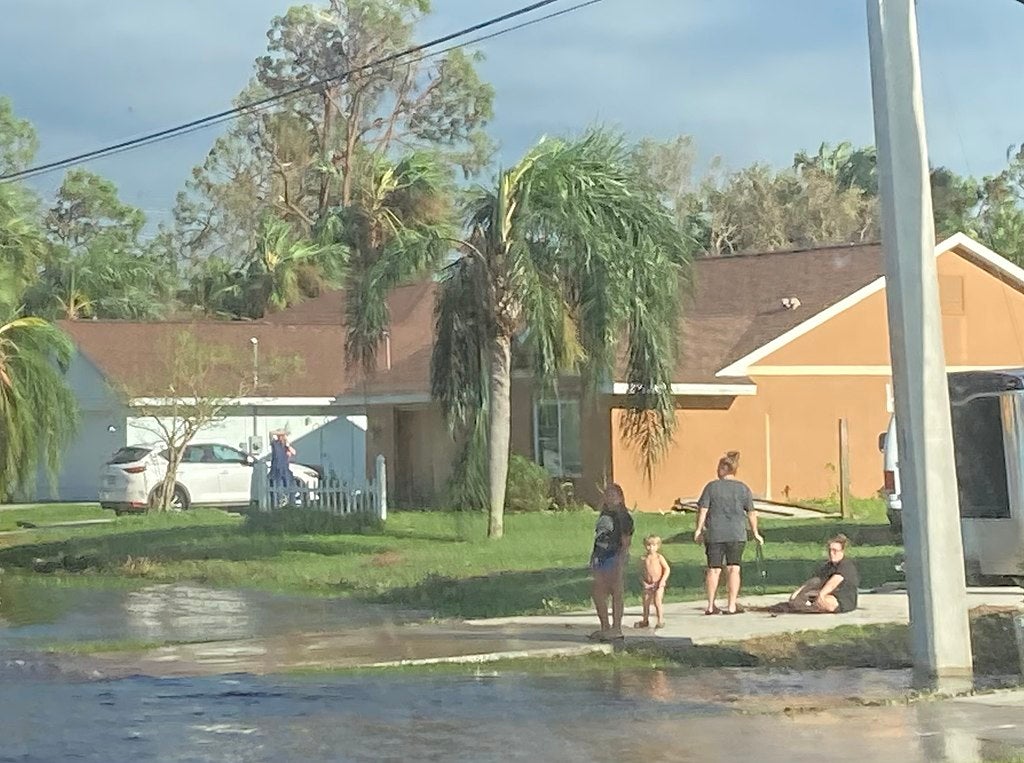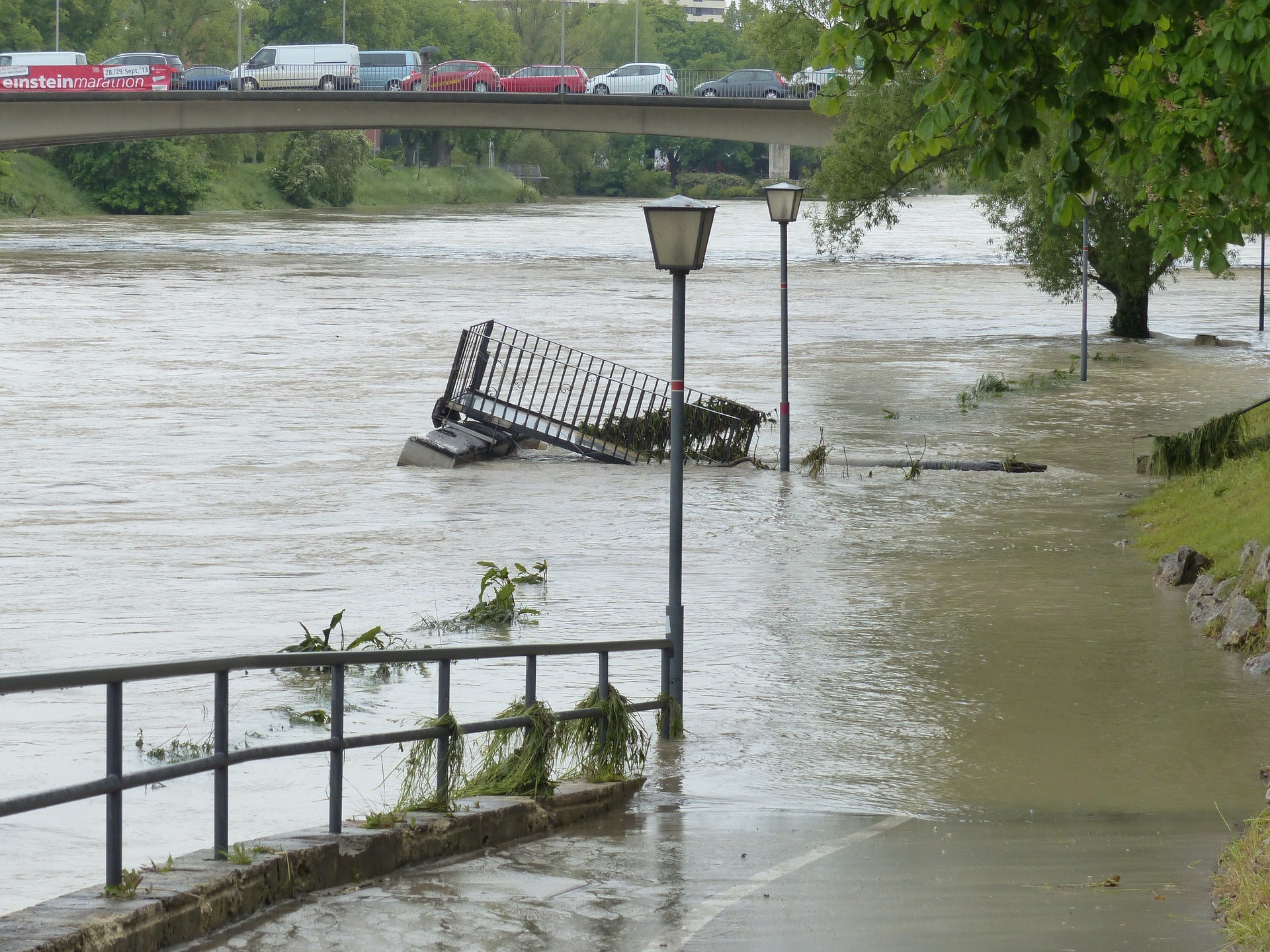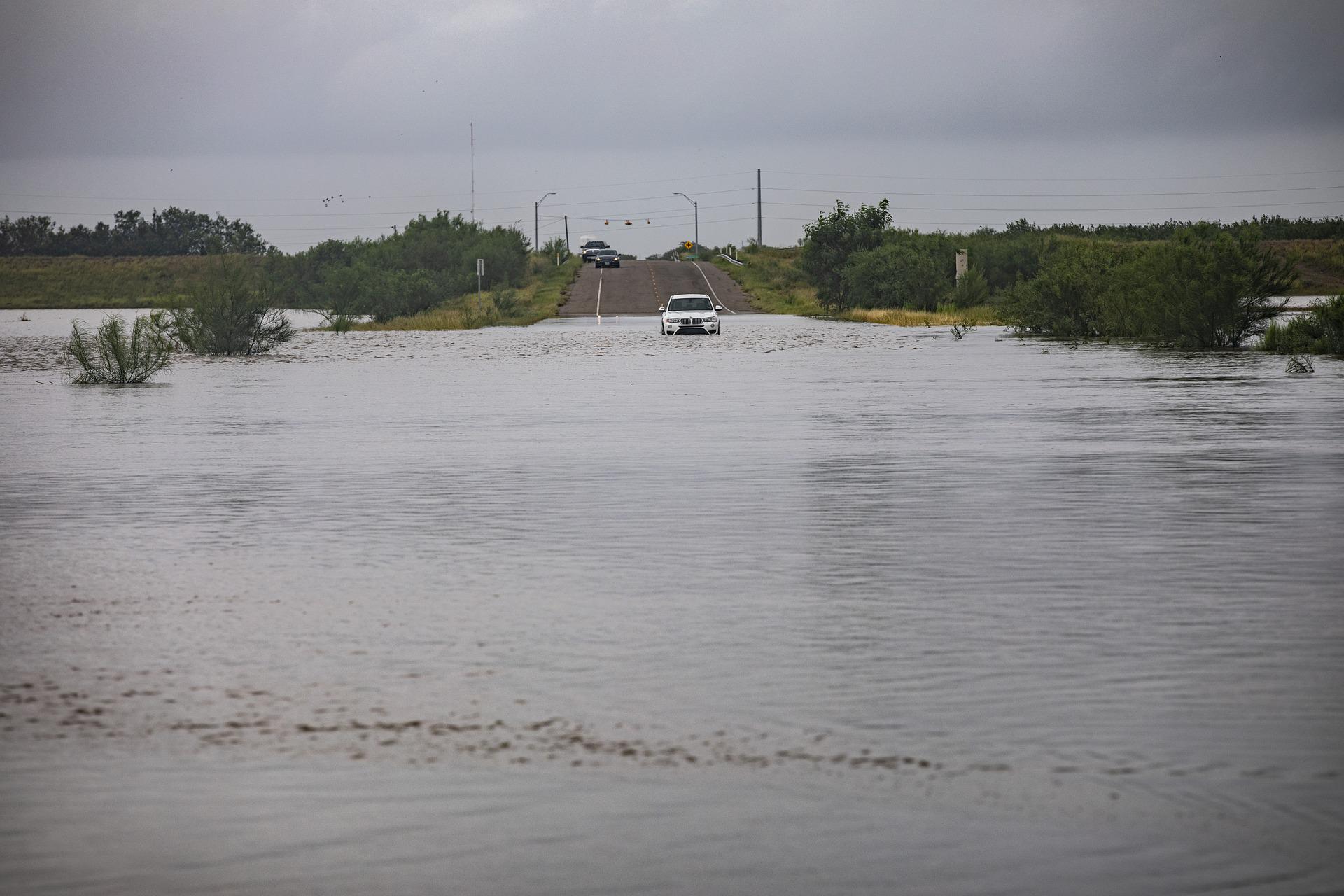Climate change causes and exacerbates disease, creates and worsens health disparities, disrupts health care delivery, and imposes a significant disease burden in the U.S. and globally. Critical knowledge gaps hinder an evidence-based response and are perpetuated by scarce federal research funds.
In a new study published in Health Affairs, Harvard researchers and colleagues analyzed federal grants provided to organizations and institutions outside of federal agencies between 2010 and 2020 and discovered that federal investments in climate change and health research during this period failed to address the breadth of climate-sensitive exposures, health outcomes, and impacts on vulnerable populations.
“This funding is insufficient to address the widespread, far reaching, and accelerating health impacts of climate change,” the researchers argue. “It was also too narrow in focus, in terms of both exposures and specific health outcomes, and failed to account for the disproportionate impacts of climate change on” the populations most susceptible to its impacts.”
Key Findings
- During this eleven-year period, 102 grants met the researchers criteria, totaling $58.7 million, or $5.3 million per year (2020 adjusted US dollars).
- HHS, NASA, NSF distributed the most amount of money.
- NY, CA, and MA were the states that received the most amount of funding.
- Extreme heat, hurricanes, wildfires, vector-borne diseases were among the most studied issue areas.
- Research on Indigenous communities, incarcerated populations, and sea-level rise were among the least studied.
- Only 1.6 percent of the research awards were designated as addressing populations from an underrepresented racial or ethnic group.
Learn about which federal agencies distributed climate and health research grants, which states received the most funding, how much, and the topics that were studied.
For FY 2023, no funding was appropriated to the Office of Climate and Health Equity, and the budget for the CDC’s Climate and Health Program remained flat, at $10 million annually. The National Institute for Environmental Health Sciences received only $40 million of the $225 million requested. The recent passage of the Inflation Reduction Act provides a historic opportunity, if it is fully implemented, to reduce US greenhouse gas emissions by approximately 40 percent below 2005 levels by 2030. However, deployment of these resources to benefit health, especially for vulnerable communities, is far from assured.
Next Steps
More research, coordination, and cooperation is necessary as decision makers will increasingly need to manage and communicate synergies and trade-offs between policies that are potentially beneficial for one sector but harmful to another as climate change accelerates. The researchers recommend:
- More federal research grantmaking for developing effective, data driven health, health care, and policy interventions that minimize health risks and reduce health-related economic damage.
- More research across all known hazards with critical attention on vulnerable populations and health equity is also needed, as well as a mechanism to track this funding.
- More research on race as a key factor associated with disproportionate climate exposures.
- Dedicated funding for offices such as the HHS Office of Climate Change and Health Equity
- More investments in programming that is transdisciplinary and systems oriented like the NIH Climate Change and Health Initiative, which other agencies could emulate.
- Monitoring and reporting of climate and health indicators may be best handled by external organizations, such as the National Academies of Sciences, Engineering, and Medicine.
Researchers are from across Harvard, Columbia University, University Hospital at Stony Brook, University of Washington, Yale University, and University Health Network.





















